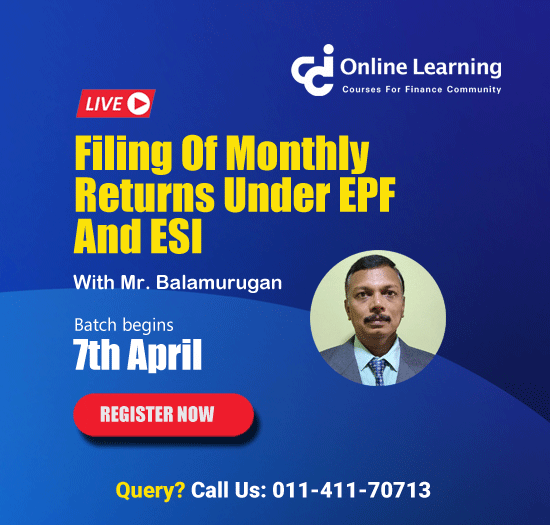Through this article, I intend to summarize relevant provisions relating to Buy-Back of Shares as per Companies Act 2013 and its latest Amendments.
I. Power of the company to purchase its own securities
Sec 68
(1) A company can purchase its own shares out of-
- Free reserves
- The securities premium account
- The proceeds of the issue of any shares or other specified securities

2. No Company shall purchase its own shares or other specified securities under sub-section (1), unless-
a. the buyback is authorized by its articles
b. a special resolution has been passed at a general meeting of the company authorizing the buy-back
c. the buyback is 25% or less of the aggregate of paid-up capital and free reserves of the company. But, if the equity shares are to be bought back, the amount involved in buyback should not exceed 25% of the paid-up equity share capital in that financial year.
d. the ratio of the aggregate of secured and unsecured debts owed by the company after buy-back is not more than twice the paid-up capital and its free reserves.
e. all the shares or other specified securities for buy-back are fully paid-up.
3.The notice of the meeting at which the special resolution is proposed to be passed under clause(b) of sub-section (2) shall be accompanied by an explanatory statement stating-
a. a full and complete disclosure of all material facts
b. the necessity for the buyback
c. the class of shares or securities intended to be purchased under the buy-back
d. the time limit for completion of buy-back.
4. Every buyback shall be completed within a period of one year from the date of passing the special resolution
5. The buy-back under sub-section (1) may be-
a. from the existing shareholders or security holders on a proportionate basis
b. from the open market
c. by purchasing the securities issued to employees of the company pursuant to a scheme of stock option or sweat equity.
II. Accounting Treatment
1. Fresh issue
The shares issued for buy-back, must not be of the same kind of shares which are to be bought back. It means that if equity shares are to be bought back then preference shares or debentures can be issued as a source of buy-back. Similarly, equity shares can be issued for buy back of preference shares or debentures.
A. Issue of Preference shares
a. When Preference shares are issued at par
Bank A/C…..Dr
To Preference Share Capital A/C
b. When Preference shares are issued at a premium
Bank A/C…..Dr
To Preference Share Capital A/C
To Securities Premium Reserve A/C
B. Fresh Issue of Debentures
a. When Preference Debentures are issued at par
Bank A/C…..Dr
To Debenture A/C
b. When Debentures are issued at a premium
Bank A/C…..Dr
To Debentures A/C
To Securities Premium Reserve A/C
c. When Debentures are issued at a discount
Bank A/C…..Dr
Discount on issue of Debentures A/C…Dr
To Debentures A/C
2. Opening a separate Bank-account for the purpose of Buy-Back
(Rule 17(8) of the Companies (Share Capital and Debentures) Rule, 2014)
Buy-Back Bank A/C..Dr
To Bank A/C
3. Buy -Back of Shares (when payment is made to the shareholders)
Equity Share Buy-Back Account …Dr
Buy-Back Bank A/C..Dr
4. Cancellation of Shares bought back
a. When Buy-Back is at par
Equity Share Capital A/C …Dr
To Equity Share Buy-Back A/C
b. When Buy-Back is at a premium
Equity Share Capital A/C …Dr
Premium Payable on Buy-Back A/C
To Equity Share Buy-Back A/C
c. When Buy-Back is at Discount
Equity Share Capital A/C …Dr
To Equity Share Buy-Back A/C
To Capital reserve A/C
5. Transfer to Capital Redemption Reserve
Where a company purchases its own shares out of free reserves or securities premium account, a sum equal to the nominal value of the shares so purchased shall be transferred to the capital redemption reserve account and details of such transfer shall be disclosed in the balance sheet.
Securities Premium Reserve A/C…..Dr
Free Reserve A/C …..Dr
To Capital Redemption Reserve A/C
6. Adjustment of premium paid on Buy-Back
Securities Premium Reserve A/C…Dr
General Reserve A/C …..Dr
Statement of P/L …..Dr
To Premium Payable on Buy-Back A/C
7. Buy -Back expenses
Buy -Back Expenses A/C…Dr
To Bank A/C
Statement of Profit or Loss A/C….Dr
To Buy-Back Expenses A/C






 CAclubindia
CAclubindia

